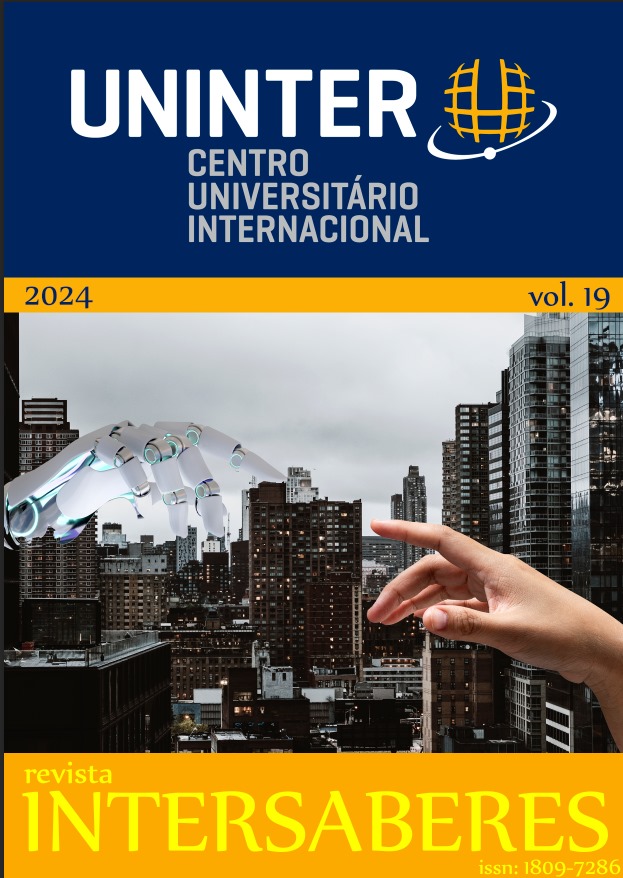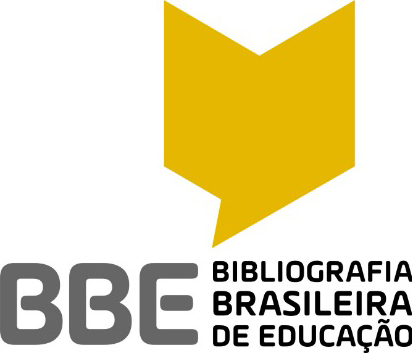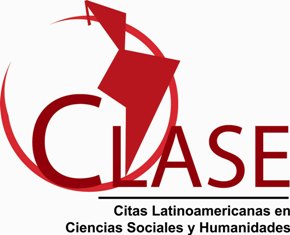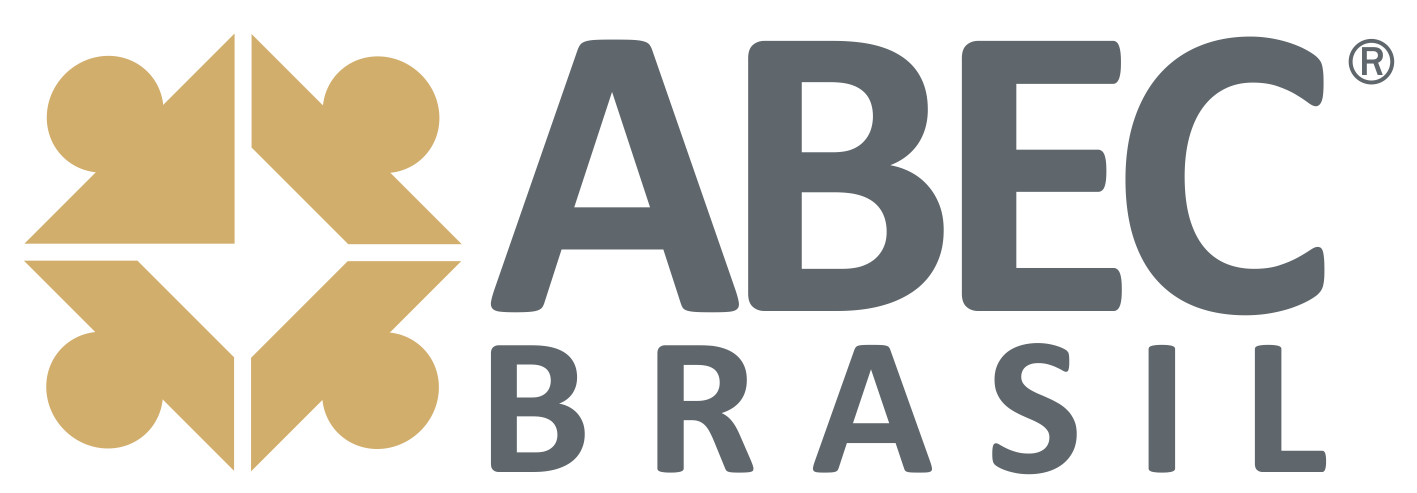MEANINGFUL LEARNING IN PHYSICS: ADAPTING METHODOLOGIES FOR DISTANCE EDUCATION
DOI:
https://doi.org/10.22169/revint.v19.e24en5003Keywords:
Significant Learning, Distance Education, Teacher Education, Physics TeachingAbstract
This article presents an experience report that took place in an interdisciplinary class within the Contemporary Methodologies in Physics Teaching course, where the Theory of Meaningful Learning (TSL) was brings elements and mediated by the use of simulators in education to analyze the perspective of future Physics teachers – students in the distance undergraduate program at private institution based in Paraná– regarding concepts related to mechanics. The objective is to present innovative methodologies that can be replicated in the classroom from the perspective of TSL. The method employed in this study is an brings elements of TSL combined with educational simulators within the context of distance education, aiming to contribute to teacher education. The class demonstrated strong didactic potential, as evidenced by the number of participations and interactions throughout the activity. It is concluded that the use of differentiated and contextualized strategies is important for initial teacher education.
Downloads
References
ANDERSON, T. The theory and practice of online learning. 2. ed. Edmonton: Athabasca University Press, 2008.
AUSUBEL, D. P. Aquisição e retenção de conhecimentos: uma perspectiva cognitiva. Editora Plátano: Portugal, 2003.
COELHO, R. O. O uso da informática no ensino de física de nível médio. 101 f. Dissertação (Mestrado em Educação) — Faculdade de Educação da Universidade Federal de Pelotas, Pelotas, 2002. Disponível em: http://www2.pelotas.ifsul.edu.br/coelho/inf_ens_fis_med.pdf. Acesso em: 21 jan. 2024.
CORREA, G. A. M. Problemas de física voltados a biologia: uma contribuição para a formação inicial do professor através da complexidade em problemas propostos pelo Halliday volume II, 235 f. Dissertação (Mestrado. Em Ensino de Ciência e Tecnologia) — Universidade Tecnológica Federal do Paraná, Ponta Grossa, 2021. Disponível em: https://bdtd.ibict.br/vufind/Record/UTFPR-12_7b73f85ed93dd47431fe7b67470b97de. Acesso em: 21 jan. 2024.
FORÇAS e Movimento: noções básicas. PhET Colorado. Disponível em: https://phet.colorado.edu/pt_BR/simulations/forces-and-motion-basics. Acesso em: 18 maio 2023.
GUERRA, J. H. L. Utilização do computador no processo de ensino-aprendizagem: uma aplicação em planejamento e controle da Produção. 168 f. Dissertação (Mestrado em Engenharia de Produção) — Escola de Engenharia de Produção, Universidade de São Paulo, São Carlos, 2000. Disponível em: https://www.teses.usp.br/teses/disponiveis/18/18140/tde-29032001-151920/publico/diss_jh.pdf. Acesso em: 21 jan. 2024.
MOREIRA, M. A. ¿Al final, qué es aprendizaje significativo? Revista Qurriculum, La Laguna, v. 25, 2012. Disponível em: https://lume.ufrgs.br/handle/10183/96956. Acesso em: 21 jan. 2024.
MOREIRA, M. A. Uma análise crítica do ensino de física. Ensino de Ciências: Estudos Avançados, vol. 32, n. 94, 2018. DOI: https://doi.org/10.1590/s0103-40142018.3294.0006. Disponível em: https://www.scielo.br/j/ea/a/3JTLwqQNsfWPqr6hjzyLQzs#. Acesso em: 18 maio 2024.
MOREIRA. M. A. Aprendizagem Significativa: a teoria e textos complementares. São Paulo. Livraria da Física, 2011.
MUSSI, R. F. F.; FLORES, F. F.; ALMEIDA, C. B. Pressupostos para a elaboração de relato de experiência como conhecimento científico. Práxis Educacional, Vitória da Conquista, v. 17, n. 48, p. 60-77, 2021. DOI: 10.22481/praxisedu.v17i48.9010. Disponível em: https://periodicos2.uesb.br/index.php/praxis/article/view/9010. Acesso em: 21 jan. 2024.
NOVAK, J. D.; GOWIN, D. B. Learning how to learn. Cambridge: Cambridge University Press, 1984.
PEREIRA, J. M. Educação Superior a Distância, Tecnologias de Informação e Comunicação e Inclusão Social no Brasil. Revista Eletrônica Internacional de Economia Política da Informação da Comunicação e da Cultura, São Cristóvão, v. 12, n. 2, 2011. Disponível em: https://periodicos.ufs.br/eptic/article/view/67. Acesso em: 31 jul. 2024.
RAFFAN, J. Experiential Education and Teacher Education. Journal of Experiential Education, v. 18, n. 3, p. 117-119, 1995. DOI: 10.1177/105382599501800301. Disponível em: https://journals.sagepub.com/doi/10.1177/105382599501800301. Acesso em: 31 jul. 2024.
ROSNAY, J. Conceitos e Operadores Transversais. In: MORIN, E. A Religação dos Saberes: O Desafio do Século XXI. 11. ed. Rio de Janeiro: Bertrand Brasil, 2013.
SANTOS, C. et al. Sociedade em Rede: o Impacto da Cibercultura na Educação a Distância. EaD em Foco, [S. l.], v. 14, n. 2, p. e2154, 2024. DOI: 10.18264/eadf.v14i2.2154. Disponível em: https://eademfoco.cecierj.edu.br/index.php/Revista/article/view/2154. Acesso em: 31 jul. 2024.
SARAIVA, L. M. et al. Tensões que afetam os espaços de educação a distância. Psicologia em Estudo, [S. l.], v. 11, n. 3, p. 483-491, 2006. DOI: http://dx.doi.org/10.1590/s1413-73722006000300004. Disponível em: https://www.scielo.br/j/pe/a/ykWJPW3Jtq4YtDmrDbV4Lxw/?lang=pt#. Acesso em: 31 jul. 2024.
Downloads
Published
How to Cite
Issue
Section
License
Copyright (c) 2024 REVISTA INTERSABERES

This work is licensed under a Creative Commons Attribution-NonCommercial-NoDerivatives 4.0 International License.
Os direitos autorais dos artigos publicados na Revista são de acordo com a licença CC-BY-ND - Creative Commons ( https://creativecommons.org/licenses/by-nd/4.0/legalcode)
Esta licença permite que outras pessoas reutilizem o trabalho para qualquer finalidade, inclusive comercialmente; no entanto, não pode ser compartilhado com outras pessoas de forma adaptada e o crédito deve ser fornecido ao autor.
Os direitos autorais dos artigos publicados na Revista são do autor, com os direitos de primeira publicação para a Revista





























